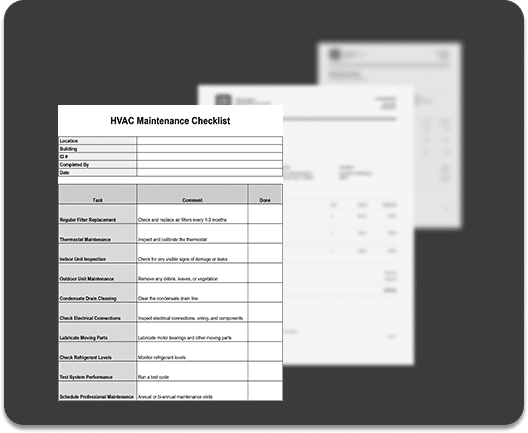Remote work grew substantially in 2020 and the subsequent years, with more than 27 million people reporting working from home between 2019 and 2021. This number marks an increase of over three times how many people worked remotely before the COVID-19 pandemic sent people home and restricted who could perform in-person work.
But as company leaders weigh the pros and cons of remote work, many are requesting (or requiring) that their teams return to the office. The question that often comes up is whether remote workers are more or less productive. We’ll dive into the answer and go through some of the advantages of allowing workers to stay remote or adapt to a hybrid schedule.
Remote Work Productivity Beliefs: By the Numbers
It’s easy to assume that those who work from home are constantly distracted. After all, they likely have their favorite reading material, TV shows and other entertainment nearby. Some may also have family members at home or feel like they need to take care of household duties while working.
According to a recent study performed by Microsoft, 85 percent of business leaders believe that shifting to remote or hybrid work makes it more challenging to trust that their team members are being productive. Nearly half of direct managers of remote workers don’t trust that their employees are doing their best work, which Microsoft researchers refer to as “productivity paranoia.” Despite the fact that the number of hours worked and meetings attended have gone up among those working from home, supervisors still struggle to believe that their team members are actually accomplishing tasks.
Citrix published similar results of its global study, with roughly 48 percent of those interviewed reporting that they installed tracking software on their employees’ computers to ensure that they’re working. Major companies have brought employees back in-person, some full-time and others on a hybrid schedule.
The Real Truth of Work-from-Home Productivity
Although not all company leaders trust their team members, the actual numbers tell a different story. Prior to the pandemic, the Quarterly Journal of Economics published the results of an experiment conducted in China. A selection of members of a 16,000-employee company offering travel services worked from home over a nine-month period. Those who went remote were 13 percent more productive, working more minutes per shift and taking additional calls per minute.
More recently, Great Place to Work conducted a study that included more than 800,000 employees over a two-year period. The results indicated that shifting to remote work improved productivity by 6 percent.
Additional Benefits of Offering Remote Work Opportunities

Image by Tima Miroshnichenko on Pexels
Beyond the improved performance, those who work from home note other advantages that can improve the way they handle their tasks. Employees can create a work environment at home that suits their preferences, which can help them focus. Remote workers also tend to take fewer sick days and report a higher level of satisfaction with work.
Another key advantage associated with working from home is a better work-life balance, something that countless American workers aim to achieve. No matter the situation, an employee who doesn’t have to commute has more time in their day to enjoy their preferred activities and focus on their personal needs.
Track Your Remote Workers Effectively
Considering that nearly half of jobseekers in a survey conducted by SHRM reported that they “definitely will” seek a full-time remote position, it’s worth determining which roles can stay (or go) remote in your own company. While it’s easy to make assumptions about those who prefer to work from home, the numbers indicate that productivity generally doesn’t suffer. In fact, the result is often the opposite, with those who can work remotely going the extra mile for their teams.
Companies that offer remote or hybrid opportunities may reap the benefits of a more satisfied workforce with higher retention rates. And managers can still track their employees’ hours with a time and labor system that accommodates individuals who work from home.
WorkforceHub is a flexible time and attendance solution designed for all types of work situations, including remote and hybrid employees. Your teams can clock in from a mobile app or web-based platform, ensuring accurate timecards for efficient payroll processing, every time.


















